Taking powers from boroughs would be hard to do
16 May 2009, The Gazette, HENRY AUBIN
The 2004 referendums were fought on decentralizing of power from city
A growing chorus of critics is arguing that Montreal has become ungovernable thanks the decentralization of power to boroughs.
Vision Montréal’s Benoît Labonté, Projet Montréal’s Richard Bergeron, megacity founder Louise Harel and many pundits cite the declining quality of snow clearance, street repair and other services for which boroughs are mostly responsible. They also say boroughs’ overly powerful mayors contribute to the inability of the mayor of Montreal to give strong leadership to the city as a whole.
I agree with much of this complaint. But what I reject is the widespread assumption that fixing things will be easy. The circumstances by which Montreal became decentralized could make it tough to reverse the process.
It’s worth recalling the runup to the 2004 referendums on demerging from Quebec’s forced amalgamation of all Montreal Island’s municipalities in 2002.
The Quebec Liberal government tried six months before those referendums to take the steam out of the demerger movement with a law, Bill 9, that offered a carrot to those people opting to stay in the megacity and a stick to those wanting to secede.
The carrot was the granting of a high degree of autonomy to boroughs. This turned them into what Harel now derides as “quasi-cities” with the power to levy taxes, manage urban planning, run many services and even elect their own mayors. The stick was putting demergerites on notice that any parts of the island that did bolt would never regain the powers of normal towns. They’d still be under Montreal’s yoke.
The question posed in the referendums of June 2004 referred explicitly to that law. The question was: “Are you in favour of the de-amalgamation of Ville de Montreal and the constitution of (insert the name of your part of town here), in accordance with the act” – that is, Bill 9.
In the weeks prior to the referendum, Montreal Mayor Gérald Tremblay campaigned largely on the basis of Bill 9: If you want your part of town to have a high degree of self-rule, he argued, it’s better off staying in mega-Montreal. Tremblay and the Charest government told the public that the law was chiseled in granite.
To claw back a significant amount of this self-rule now, as the critics now demand, would be to tell megacity residents: “Oops, we’re going to take away much of the borough autonomy that was used to woo you.” Bait and switch. It would violate the solemn terms on which the referendums were fought.
I don’t know if such change would be legal. But it would be grossly undemocratic.
Now, however, that a consensus is emerging that a clawback would be good for Montreal, the question is how to do this in a just manner.
I see three options. The simplest would be to hold a citywide referendum asking in effect, “Is it OK to make the following changes to Bill 9?”
Some people, however. might object. They’d say, “If that had been the deal that had existed in 2004, my part of town would likely have voted to demerge. We deserve a second demerger referendum.”
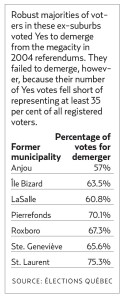 There could be quite a clamour for this. The table shows seven ex-suburbs in which the demergerites racked up far more than the simple majority of Yes votes required for secession. (They failed to demerge only because of a high-hurdle second requirement: To quit the megacity, 35 per cent of all eligible voters in a part of the city had to vote to demerge.)
There could be quite a clamour for this. The table shows seven ex-suburbs in which the demergerites racked up far more than the simple majority of Yes votes required for secession. (They failed to demerge only because of a high-hurdle second requirement: To quit the megacity, 35 per cent of all eligible voters in a part of the city had to vote to demerge.)
Note, too, that the populous ex-suburbs of Lachine, St. Léonard and Verdun held no referendums in part because their political leaders had traded their earlier antimerger stances for seats on Montreal’s executive committee.
The megacity has compiled a disappointing record of inertia, inefficiency and sleaze since the first referendum. So given the chance, more parts of Montreal might well quit.
This second option would be the last thing any megacity politician would want. It would put the city through another divisive debate.
And yet the demand would be legitimate. If you want to change a contract you have to renegotiate it.
The third option would be to ask Quebec to change the law willy-nilly without going to the people.
But there’d be a problem with that, too. Tremblay and Quebec have insisted they cannot make substantial changes in the way Bill 9 lets Montreal hold the demerged suburbs in an autocratic grip, because that would be unfair to those people whom the law’s stick intimidated and who stayed loyal to the megacity.
But if you change Bill 9 to recentralize power in the megacity, the law is no longer sacrosanct and unalterable. You can change it for the suburbs, too. The granite slab becomes, then, a can of worms.
Tremblay, more than anyone, must know how the boroughs’ great power weakens his city. Yet he is the only mayoral contender not seeking to curb borough power. Strange? No. I suspect he knows just how excruciating it would be to fix this mess.
In my opinion: Terrific article, as usual, by Henry Aubin. More evidence that CSLers made the right choice in demerger. He sums up what Anthony Housefather, Ruth Kovac, Mitchell Brownstein and I have told you all along. As the leaders of the CSL Demerger Committee we said that only in a smaller, autonomous unit, independent of the City of Montreal megacity, could we run an efficient, dynamic municipal organization at a reasonable tax rate. Montrealers are starting to realize this too!



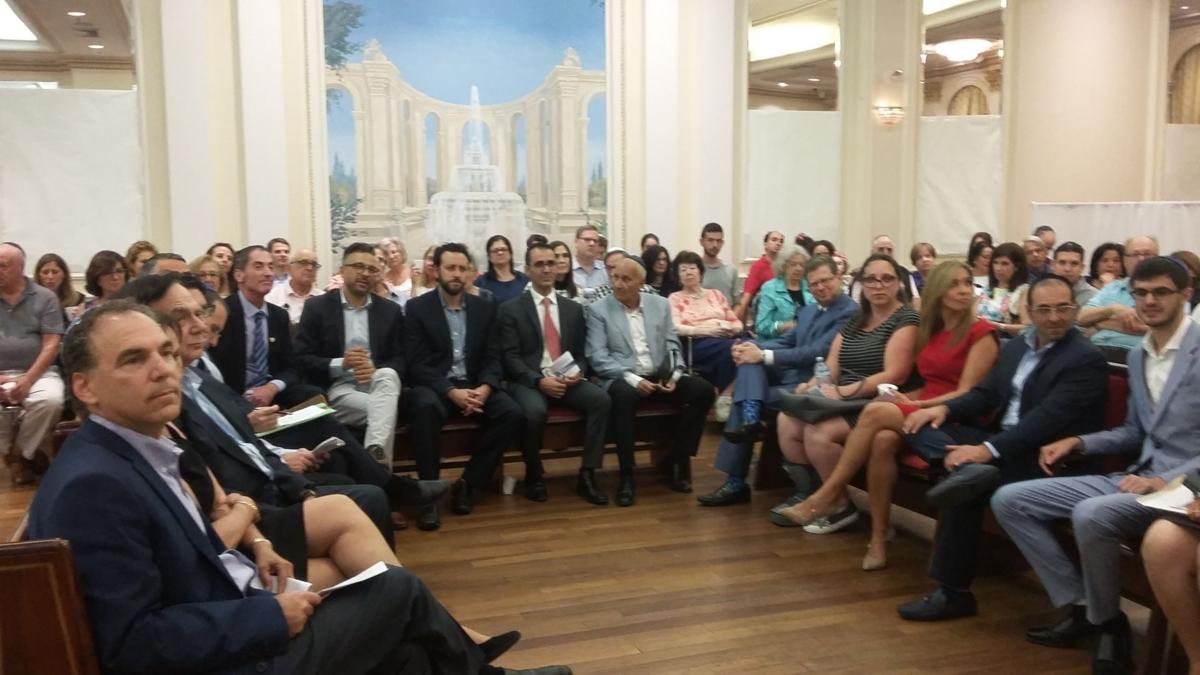

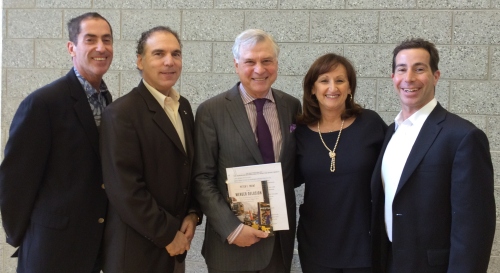
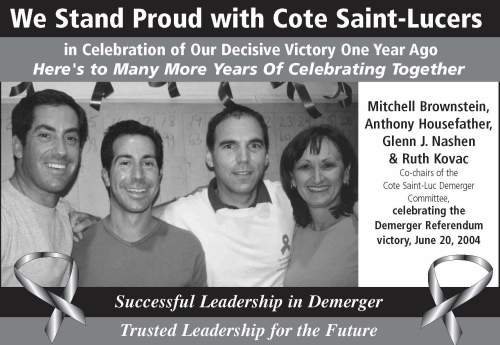
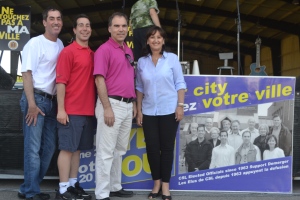
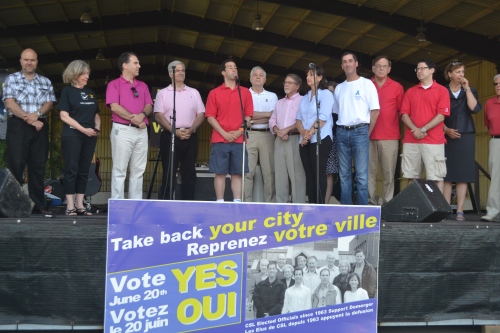
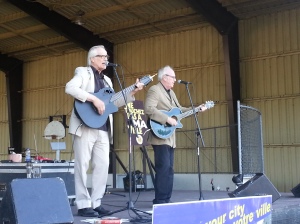
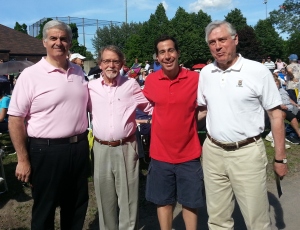

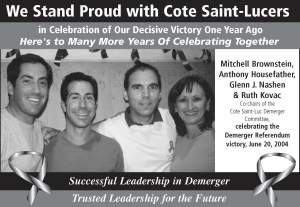


Recent Comments